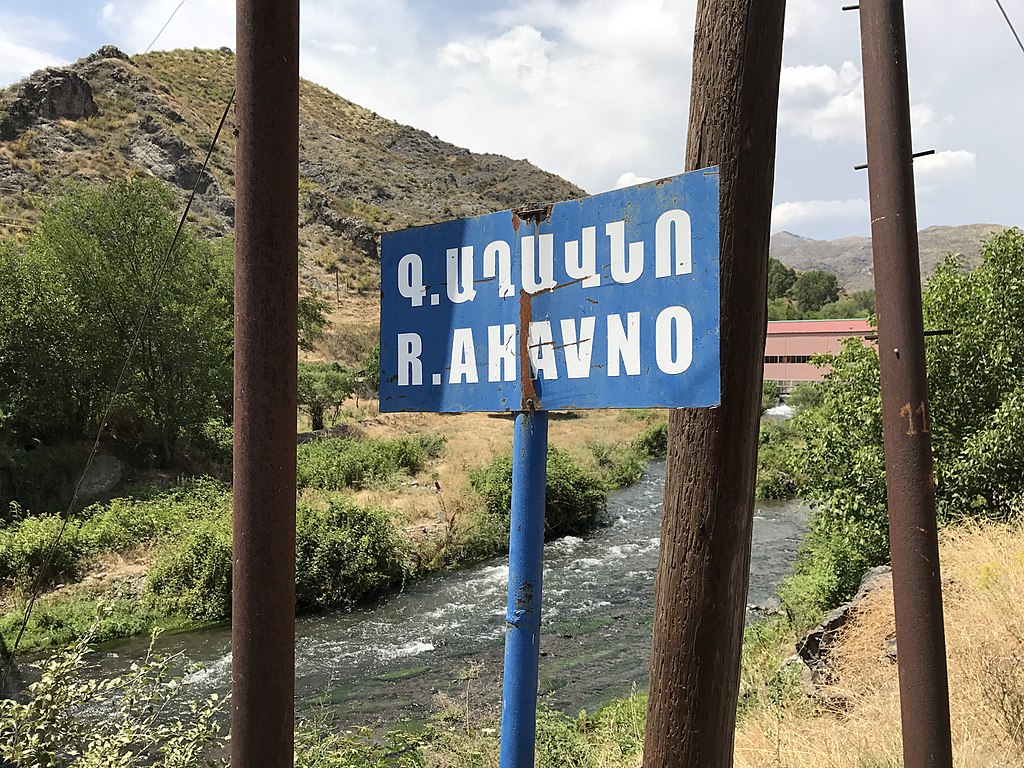Russia continues to demonstrate its impotence in the global arena. Recent clashes between Armenia and Azerbaijan over Nagorno-Karabakh have clearly shown that the Kremlin will hardly be able to continue playing the role of a regional arbiter in the South Caucasus.
On August 3, clashes between Armenian forces and the Azerbaijani Army broke out near the strategically important Lachin Corridor in Nagorno-Karabakh. That tiny strip of land connects Nagorno-Karabakh – internationally recognized as part of Azerbaijan, although it has been under Armenian control for almost 30 years – to Armenia through Azerbaijani-held territory. The Lachin Corridor, as well as other Armenian-controlled areas, has been under the supervision of Russian peacekeepers since 2020. They have been deployed there following the 44-day war that resulted in Azerbaijan’s victory. During the conflict, Baku managed to restore its sovereignty over significant portions of Nagorno-Karabakh, as well as surrounding areas. Some territories, however, including Lachin and Stepanakert, also known as as Khankendi – the de facto capital and the largest city of the self-proclaimed Armenia-backed Republic of Artsakh – remain under Armenian control to this day.
Although Yerevan recently announced that it will withdraw all remaining military units from Nagorno-Karabakh by September, Baku seems to be attempting to speed up the process and establish full control over the mountainous region as soon as possible. Russia, Armenia’s nominal ally in the Collective Security Treaty Organization (CSTO), has accused Azerbaijan of violating the 2020 ceasefire deal, which is something that Baku strongly denies. According to Azerbaijani Foreign Ministry, the reason for the recent tension is “the presence of illegal Armenian armed troops in the territories of Azerbaijan and provocations instigated by them”.
Despite the presence of the Russian troops, Azerbaijani Armed Forces have launched a counter operation and seized a number of important heights near the Lachin Corridor. Such an action has demonstrated that the Russian peacekeepers cannot prevent a potential large-scale conflict. Indeed, if another war in Nagorno-Karabakh eventually breaks out, some 2,000 Russian troops in the region will play the role of sitting ducks. Azerbaijani actions have shown that Baku, strongly backed by Turkey, Israel and Pakistan, does not seem to hesitate from a potential conflict with Russia. The Azeri leaders are quite aware that Moscow, preoccupied with its military fiasco in Ukraine, cannot fight two wars at the same time, and that the Kremlin will seek to avoid an escalation in the region by all means.
That is why Baku is expected to continue pressuring Yerevan to withdraw its troops from Nagorno-Karabakh. Sporadic local clashes could be a method of pressure, and it is entirely possible that Azerbaijani forces will soon seize more strategically important heights and villages. Armenia, on the other hand, cannot count on Moscow’s concrete support. If the situation in the region escalates, the Kremlin will almost certainly keep accusing Azerbaijan of violating the ceasefire deal and call on both sides to “keep restraint”. But Russian peacekeepers will be unlikely to take any practical steps to protect the local Armenians.
A new round of full-fledged hostilities will undoubtedly mark the end of the self-proclaimed Republic of Artsakh
Thus, a new round of full-fledged hostilities will undoubtedly mark the end of the self-proclaimed Republic of Artsakh. Under the current geopolitical circumstances Armenia may be able to delay, but not to prevent the return of Nagorno-Karabakh under Baku’s jurisdiction. As Armenian Prime Minister Nikol Pashinyan recently stressed, questions arise in Armenian society over the Russian peacekeeping operation in Nagorno-Karabakh. In other words, Yerevan understands that Russia is not in a position to help Armenia, which is why Pashinyan said on August 4 that it is necessary to “endow the peacekeeping mission with a wider international mandate”. But since Azerbaijan has the upper hand over Armenia, it is extremely unlikely that Baku, unless seriously pressured by the West, will agree to internationalize the Karabakh conflict.
Pashinyan will, therefore, likely try to find a way to de facto give up Armenia’s aspirations over Nagorno-Karabakh, but at the same time to save face. Yerevan may also attempt to distance itself from the Kremlin and develop close ties with the West, hoping that such a flip-flop will help Armenia to preserve control over Artsakh (the Armenian name for Nagorno-Karabakh). However, given that energy-rich Azerbaijan recently signed a very important gas deal with the European Union, it is not very probable that the West will support Armenian ambitions in the region.
Accordingly, the Armenia-backed unrecognized Republic of Artsakh could prove to be a “collateral damage” of the Russian invasion of Ukraine. The Kremlin, for its part, continues to struggle to preserve the South Caucasus in its geopolitical orbit, although developments on the ground indicate that neither Baku nor Yerevan see Moscow as the primary mediator in their disputes.
Image: Benoit Prieur

